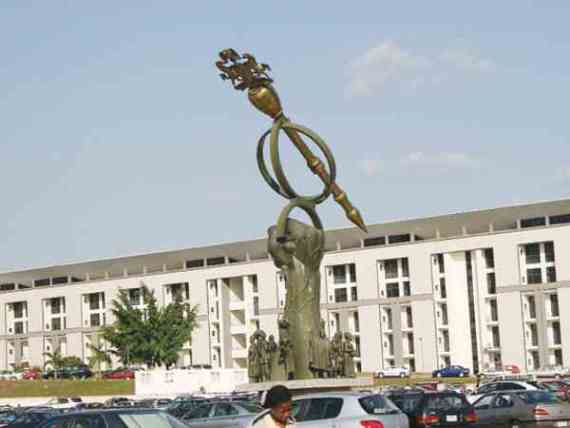Illegal Directive On Wearing Of Uniform By Customs Boss By Femi Falana


The timely reaction of the Senate to the policy of the Nigeria Customs Service to compel all vehicle owners to pay appropriate duties has once again questioned the extent of the oversight powers of the National Assembly. In contributing to the interesting debate, I shall examine the legal validity of the policy, the legal competence of the Senate to summon the Comptroller-General of Customs (CGC) to justify the policy and the legality of the directive that he should appear before the Senate in Uniform.
We are aware that the Nigeria Customs Service has announced the suspension of the implementation of the policy to compel all vehicle owners in Nigeria to pay appropriate customs duties from March 13-April 12, 2017. Notwithstanding the suspension we deem it fit to point out that the policy is illegal as the Nigeria Customs Service is completely estopped from collecting additional duties from vehicle owners who had paid the duties charged at the time of importation. Under the doctrine of estoppel by conduct the Nigeria Customs Service cannot be permitted to deny the payment of what was charged and collected as appropriate duties from vehicle owners several years ago.
In Alhaja Abibatu Mogaji v Board of Customs (1982) 3 NCLR 552, the armed agents of the defendant invaded and raided markets in Lagos and seized contraband goods. In the process, some of the traders were brutalized. They sued the defendant for damages in the Lagos high court. Apart from condemning the violations of the traders to dignity the Lagos high court cautioned that “Those in authority in customs and excise matters ought to intensify methods for apprehending offenders at the point of entry of goods into the country as it becomes more difficult to do so afterwards.” In Margaret Stitch v Attorney-General of the Federation (1986) 2 NSSC 1389 the Supreme Court held that the appellant was only liable to pay the customs duty based upon the rate of duty payable when she imported her used Mercedes-Benz car. It was the view of the apex court that it was unjust and retrospectively punitive to impose an additional financial liability of about N13,000 on the appellant.
In view of the settled position of the law on the matter what is required on the part of the management of the Nigeria Customs Service is not a suspension of the illegal policy but its outright annulment without any further delay. Of course, the authorities of the Nigeria Customs Service cannot be precluded from arresting and prosecuting highly placed individuals who usually forge importation documents in order to evade the payment of the appropriate duties to the coffers of the Federal Government.










